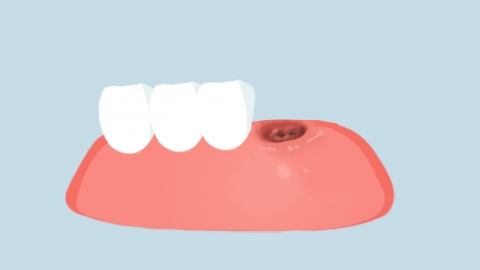Can I eat mulberries after having my wisdom tooth extracted?
Generally, whether one can eat mulberries after having a wisdom tooth extracted mainly depends on the healing condition of the extraction site. If the wound has already healed, eating mulberries is usually acceptable. However, if the wound has not yet healed, it is not recommended. Detailed explanations are as follows:

If the oral wound has largely healed after wisdom tooth removal, without symptoms such as infection, pain, or swelling, and if oral hygiene is well maintained, then a moderate amount of soft and ripe mulberries can be consumed. Mulberries are rich in vitamin C and various minerals, which can help improve immunity and promote wound healing. However, ensure the mulberries are thoroughly washed before consumption to avoid introducing any residue into the wound that could cause infection.
If the extraction site has not fully healed and symptoms such as bleeding, pain, or infection still exist, then it is not advisable to consume mulberries or other deeply colored foods. These foods may cause tooth discoloration, affect aesthetics, and potentially have adverse effects on the wound.
After tooth extraction, patients should also avoid eating excessively hard, hot, cold, or spicy and irritating foods, as these can irritate the wound and cause discomfort.




